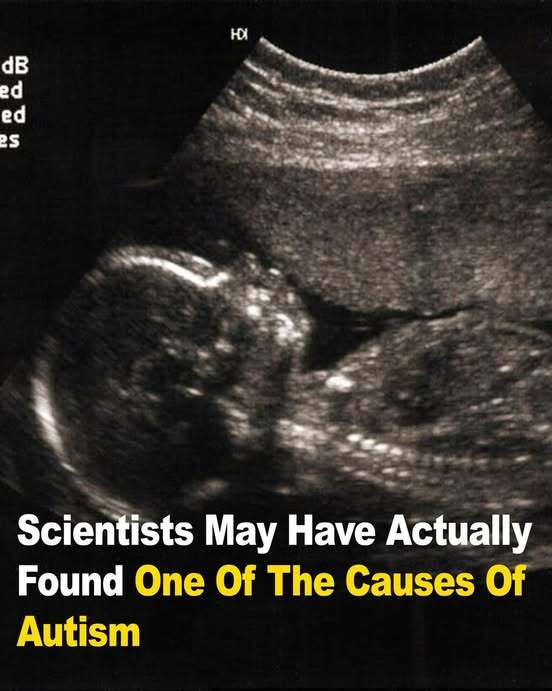In recent years, a growing body of research has highlighted just how essential our gut microbiome is to our overall health. It influences everything from how we respond to fear and negative stimuli, to our weight, mental health, and even our risk of developing autoimmune diseases like lupus or type 1 diabetes.
Now, a new study published in The Journal of Immunology has revealed a potential link between the gut microbiome and the development of autism, based on animal studies. Interestingly, the researchers found that it’s not our own microbiome that influences this risk—but rather, our mother’s.
“There are many ways the microbiome can influence brain development,” explained John Lukens, the study’s lead author and a researcher at the University of Virginia School of Medicine. “It helps calibrate how the offspring’s immune system will respond to stress, infections, or injury later in life.”
In the case of autism, the link may revolve around a molecule known as interleukin-17a (IL-17a), which is produced by the immune system. IL-17a has previously been associated with conditions such as rheumatoid arthritis, multiple sclerosis, and psoriasis. It plays a crucial role in defending against infections—especially fungal ones—but it also affects how the brain develops during pregnancy.
To test their theory, the researchers blocked the IL-17a molecule in lab mice. They used two groups of female mice: one group had gut microflora that made them prone to IL-17a-triggered inflammation, while the second group (the control group) did not.
When IL-17a was artificially blocked, both groups gave birth to pups with typical neurodevelopmental behavior. But when the process was allowed to continue naturally, the offspring of the first group developed autism-like symptoms—particularly issues with social behavior and repetitive actions.
To confirm that the microbiome was the cause, the researchers performed a fecal transplant from the first group to the second, essentially transferring the gut bacteria. As a result, the second group’s offspring also developed autism-like traits.
While these findings are preliminary and may not apply directly to human pregnancies, they open a fascinating new avenue for autism research. They strongly suggest that the health of a mother’s gut microbiome could play a significant role in the onset of neurodevelopmental disorders.
The next step, according to Lukens, is to examine whether similar patterns can be found in humans, and to identify which components of the maternal microbiome are linked to autism risk. He also noted that IL-17a may be just one factor among many—indicating that the puzzle of autism is far from complete.
